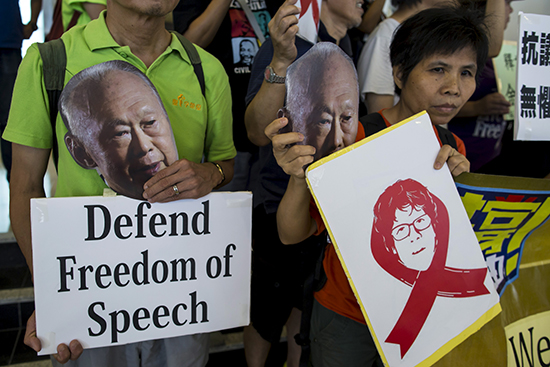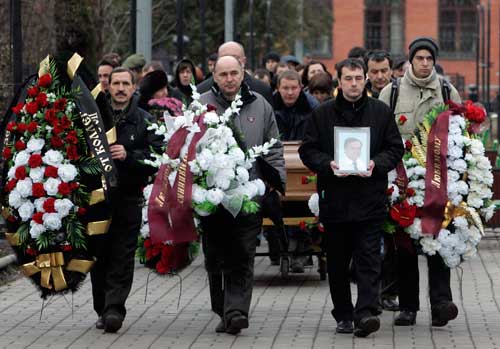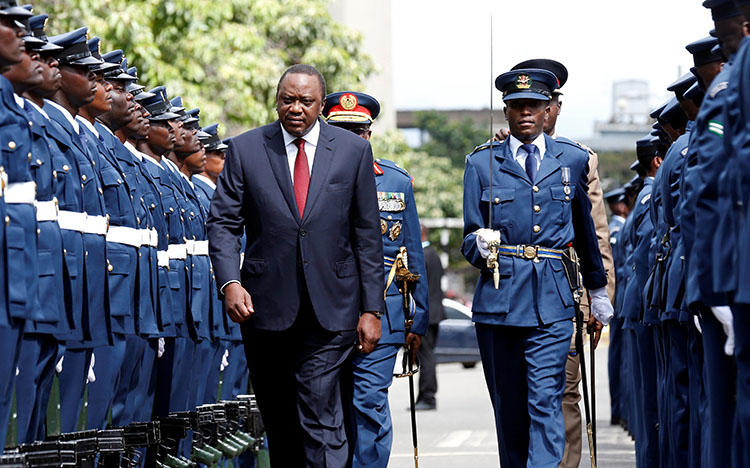
As German hate speech law sinks Titanic’s Twitter post, critics warn new powers go too far
The satirical magazine Titanic appears to have been an unlikely victim of Germany’s recently adopted online anti-hate speech law, NetzDG. “We were truly surprised,” the magazine’s editor-in-chief Tim Wolff told CPJ, as he explained how Twitter blocked the Titanic account for 48 hours after the magazine republished a post Twitter had deleted, in which Titanic…

Canada’s proposed reform of access to information is inadequate
The Committee to Protect Journalists, along with a coalition of more than 30 international and Canadian civil society organizations, sent a letter on September 28 to Canadian Member of Parliament Scott Brison, the president of the Treasury Board of Canada, calling for proposed access to information legislation to be replaced with a more robust reform.

Proposed law on contempt of court threatens press freedom in Singapore
Bangkok, August 5, 2016 – Singaporean lawmakers should scrap proposed legislation on what constitutes contempt of court in news reporting and public commentary, the Committee to Protect Journalists said today. The draft law’s penalties for violations, including possible prison terms for criticizing the judiciary, threaten to entrench more self-censorship in Singapore’s constrained media environment.

Mission Journal: Morocco’s new press law undermined by draft penal code
In the small, polished Moroccan capital of Rabat, pictures of King Mohamed VI, who took the throne in 1999, hang in many shops, offices, and hotels. In most of these, he is clean-shaven, smiling, and wearing a suit: a modern monarch. His image is part of the official narrative of the country as a place…

Global Magnitsky Act could be powerful weapon against impunity in journalist murders
Last week, the proposed Global Magnitsky Human Rights Accountability Act emerged from the U.S. House Foreign Affairs Committee with approval. The bill was passed by the Senate last year. If passed by the full House of Representatives and signed into law by the president, it has the potential to offer partial redress to one of…
CPJ joins call for Nigeria to drop anti-social media legislation
The Committee to Protect Journalists alongside 19 Nigerian, African and international organisations today signed an open letter addressed to the upper chamber of Nigeria’s parliament calling for the rejection of a bill which would undermine press freedom, stifle public opinion, and criminalize freedom of expression in Nigeria.
CPJ urges South Africa to revise cybercrime bill that limits press freedom
New York, December 10, 2015–The Committee to Protect Journalists calls on the South African government to revise provisions in the proposed Cybercrimes and Cybersecurity Bill that would limit journalists’ ability to work. Under the bill, journalists and members of the public could be prosecuted for possessing or disclosing state information, reports said.
